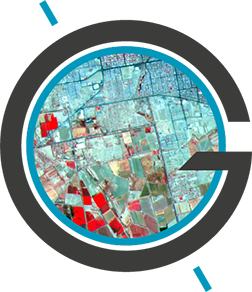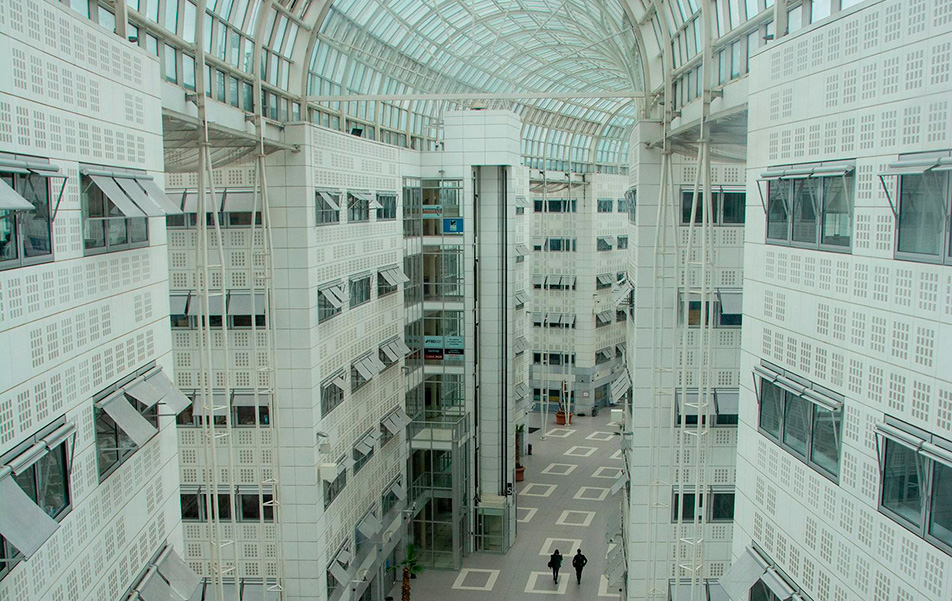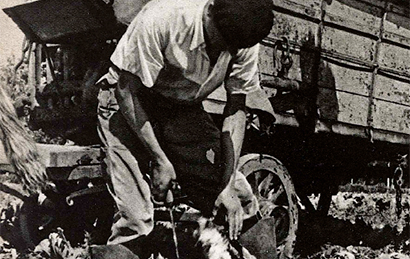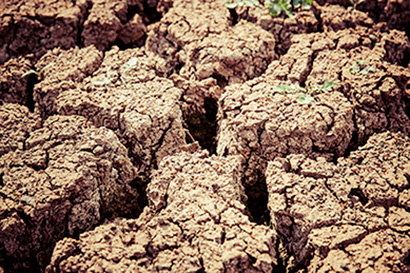The actions studied include various types of strategies: urban planning, land strategies, operational urbanism, management policies, urban projects, territorial development projects, and the production of technical and transport infrastructure networks. This also includes an examination of the theoretical frameworks and concepts used in urban planning and development, whether they are considered as a field of research or a field of action.
Research thus focuses on the characteristics of the actors, the different types of resources (economic, social, political, ecosystemic) at their disposal, the objectives they pursue, the values that motivate them, the social groups targeted by their actions and the instruments they mobilize. The forms of partnership, collaboration, and negotiation, as well as the power relations, tensions and even contradictions between the strategies of the actors (public and private), are the subject of specific interest. The objective is to understand the effects of processes, methods, and relationships between actors on the concrete content of policies and projects.
Research also considers the materiality of production in urban planning and development, the aim being to understand the evolution of the modes and forms of occupation of territories, between the local and European scales, those of the networks and technical structures that ensure their functioning (water, energy, transport, digital, etc.), as well as of the environments in which they are embedded. The challenge is to grasp the dual process of concentration and dispersion of the various functions in space, of disjunction and/or interdependence between territories through their exchanges, particularly within the framework of an approach based on territorial metabolism.
This research is in line with problematics of political and economic mutations and environmental changes, both locally and globally. It covers a wide range of areas, from growing metropolitan areas to areas in crisis (shrinking cities, so-called “sensitive” neighbourhoods, etc.), as well as sectors of infrastructure (ports, railways). The scales considered are those of the perimeters of the action or project and can correspond to urban areas, neighbourhoods, or simple blocks. Work is carried out in a variety of cultural areas; in addition to Europe, there is expertise devoted to the urban dynamics of North America (United States, Canada) and Northeast Asia (Japan, China, Hong Kong).
Research is structured in four axes:
Networks, infrastructures, and territories
The aim is to examine the dynamics between the actors (public and private) of networks at different scales (local, national, and international). In this context, we are interested in territorial strategies (evaluation, planning, financing, management methods) related to networks and their transformations, especially from a physical point of view via infrastructures. Particular attention is paid to the legitimacy crisis of large infrastructures under debate in various contexts . Moreover, consideration of these networks’ key hubs as territorial interfaces (stations, ports, airports, logistics and data centres) allows us to question their development in a generalized context of decentralization (heterogeneity of public action) and liberalization (increasing penetration of the private sector) modifying their planning methods. It is also a question of integrating the development of information and communication technologies, particularly the effect of digital technology on the management of networks and the fabrication of the city.
Planning and Territorial Metabolism
The aim here is to approach urban dynamics from their material dimension by mobilizing the interdisciplinary field of territorial ecology and to analyse the flows of material and energy characteristic of the city and its relations with other territories, as well as of society-biosphere interactions, flows whose circulations are largely organized in networks. Research focuses on the inflections and mutations of territorial metabolism in both spatial and temporal dimensions, on the associated reconfiguration of networks, on the reorganization of actors and the territorial logics that they generate or are their origin, on the emergence of other figures of relations, and on exchanges that question the practice of space planning and management.
From Planning to the Production of Built Space: Actors, Tools and Practices of Urbanism
This research focuses on the frames of reference for action, the strategies of the actors (political and technical), their modes of action (instruments, tools, and devices), and the material content of built production (housing, activities, infrastructural spaces). The aim is to analyse the different approaches that allow public and private actors to transform spaces. Particular attention is paid to the production of housing and real estate. Observation of the technical systems of urban production (regulatory planning, operational arrangements, financing circuits) is a privileged method for analysing the strategies of actors, their interactions and their consequences on the transformation of space.
Territorial Development and Planning Actions
This axis aims to explore the way in which territorial development approaches are established and the effects they have on actors and territories. Whether initiated from the top or from grassroots level, the aim is to analyse the ways in which territories are assessed (categories, concepts, tools) and the approach frameworks (discourses, concepts, policies, actions, tools) of territorial development are produced at various scales. Attention is also paid to the interactions between the produced frameworks and the way they are incorporated and transformed at the time of the implementation of these approaches; as well as how the frameworks in question are challenged by confrontation with the diversity of actors at different scales and/or the characteristics of the territories concerned in the territorial development approaches.

Urban development in China. Downtown Guangzhou, China. August 2018 © Cinzia Losavio.
















